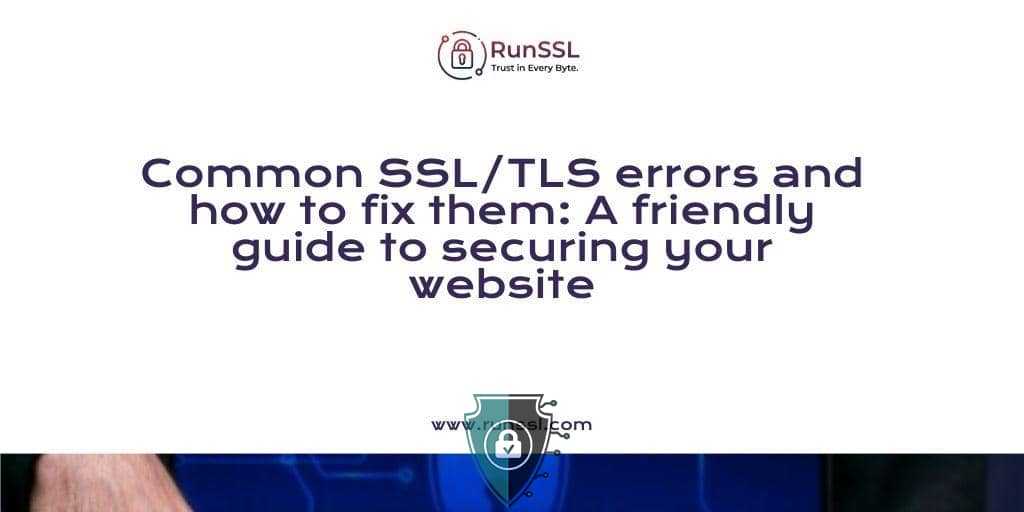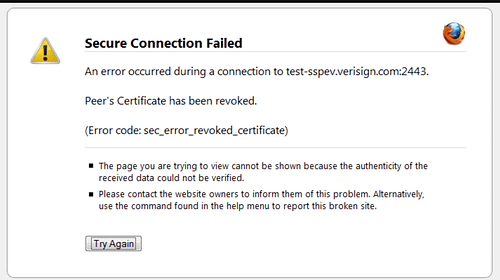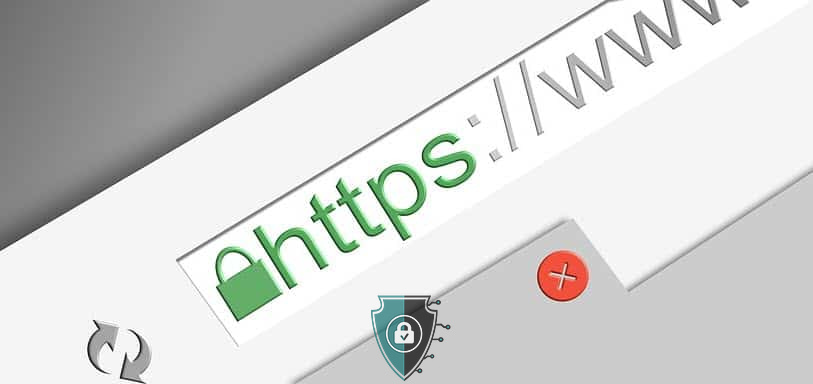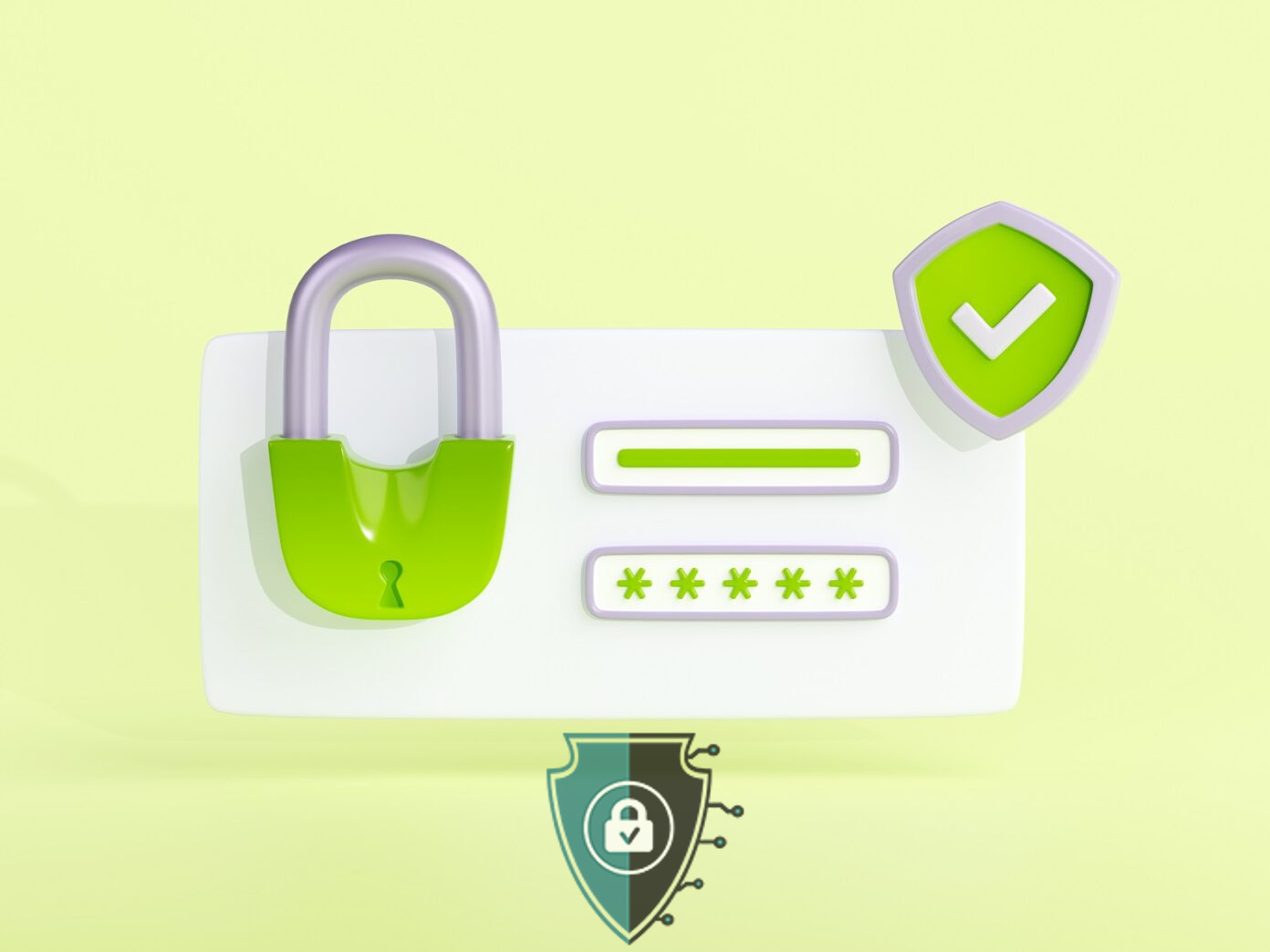Your cart is currently empty!
Tag: SSL Certificate

Common SSL/TLS errors and how to fix them: A friendly guide to securing your website
In today’s digital world, where trust and security are paramount, having a secure connection for your website is non-negotiable. This is where SSL/TLS certificates come in, playing a vital role in encrypting data and safeguarding your online presence. However, even with the best intentions, unexpected errors can arise, causing frustration and hindering your website’s functionality. Don’t worry! This guide will be your friendly companion in troubleshooting and fixing those pesky SSL/TLS errors, ensuring your website shines with a secure glow.
Let’s first understand what SSL/TLS errors are:
These errors are essentially roadblocks encountered during the handshake process between your website and a visitor’s browser. They typically manifest as warning messages or a complete lack of connection, causing confusion and hindering user experience.
Common SSL/TLS Errors:
- SSL/TLS Handshake Failure:
- Cause: Mismatched protocols, expired certificates, or incompatible cipher suites.
- Solution: Ensure the server supports the requested protocol, update certificates, and verify cipher suite compatibility.
- SSL Certificate Expired:
- Cause: The SSL certificate has reached its expiration date.
- Solution: Renew the SSL certificate promptly and update it on the server.
- Mismatched Common Name:
- Cause: The domain in the SSL certificate does not match the actual website domain.
- Solution: Obtain a certificate with the correct common name or update DNS settings.
- Mixed Content Warnings:
- Cause: Loading insecure (HTTP) content on a secure (HTTPS) page.
- Solution: Update all content to load securely or consider using Content Security Policy (CSP). You may check it here https://www.runssl.com/ssl-tools/why-no-padlock
- Insecure SSL/TLS Version:
- Cause: Use of outdated or vulnerable SSL/TLS versions.
- Solution: Upgrade to the latest TLS version supported by your server.
- Cipher Suite Incompatibility:
- Cause: Browser and server support different cipher suites.
- Solution: Configure the server to support commonly accepted cipher suites.
- Revoked SSL Certificate:
- Cause: The certificate authority (CA) has revoked the SSL certificate.

- Solution: Obtain a new SSL certificate from a trusted CA.
- Cause: The certificate authority (CA) has revoked the SSL certificate.
You may Review your SSL Certificate’s Installation
Some errors may look like this:
- NET::ERR_CERT_DATE_INVALID: This error indicates that your SSL/TLS certificate has expired. Solution: Renew your certificate before it expires.
- ERR_SSL_VERSION_OR_CIPHER_MISMATCH: This error occurs when your website and browser are not communicating using compatible security protocols. Solution: Update your website’s configuration to support newer protocols.
- SSL_ERROR_RX_RECORD_TOO_LONG: This error indicates issues with the data being transmitted between your website and the browser. Solution: Check your server configuration and ensure proper data transmission.
- SEC_ERROR_UNKNOWN_ISSUER: This error occurs when the browser doesn’t recognize the issuing certificate authority (CA). Solution: Use a trusted CA for your certificate issuance.
- ERR_CERT_AUTHORITY_INVALID: This error indicates problems with the chain of trust for your certificate. Solution: Verify that your intermediate certificates are installed correctly.
Remember:
- Preventative measures: Regularly check your SSL/TLS certificate expiration date and renew it before it expires.
- Choose a trusted CA: Opt for a reputable certificate authority with a proven track record of security and reliability.
- Stay updated: Keep your server software and operating system updated with the latest security patches.
- Seek help: Don’t hesitate to contact your hosting provider or a qualified technician for assistance with complex issues.
By following these tips and taking proactive measures, you can ensure your website remains secure and accessible to all visitors. Remember, a secure website fosters trust and confidence, ultimately contributing to your online success. So, go forth and conquer those SSL/TLS errors, and keep your website shining brightly with a secure, trustworthy glow!
- SSL/TLS Handshake Failure:

How to Generate CSR and Private Key for an IP Address
In the realm of secure online communication, generating a Certificate Signing Request (CSR) and a private key is a crucial step in obtaining an SSL certificate. While it’s common to associate SSL certificates with domain names, there are scenarios where you might want to secure communication using an IP address. Here’s a step-by-step guide on how to generate a CSR and private key for an IP address.
Steps to Generate CSR and Private Key for an IP Address
- Log in to Your Hosting Service: Start by logging in to your hosting service provider’s client area. Navigate to the services section where your SSL service is located.
- Choose SSL Service: In the services section, locate your SSL service and select it.
- Create CSR and Private Key: Look for the option to create a CSR and private key. Click on it to initiate the process.
- Fill in Details: Fill in the necessary details for the CSR, including the IP address for which you are generating the certificate. Provide accurate information as it will be embedded in the certificate.
- Generate CSR: Once you’ve filled in the details, proceed to generate the CSR. This process will also create the associated private key.
- Store Private Key Securely: After generating the CSR and private key, it’s crucial to store the private key securely. Keep it in a safe location on your server and avoid sharing it with unauthorized individuals.
Why Secure an IP Address?
Securing communication with an IP address is essential in scenarios where a dedicated IP is used for specific services, and a domain name isn’t practical. This is common in situations where direct access to the server via IP is required, such as accessing an application or service hosted on a server without a domain name.
Benefits of Generating CSR and Private Key for an IP Address
- Direct Server Access: Securing an IP address allows for secure communication with the server directly, ensuring data integrity and confidentiality.
- No Dependency on Domain Names: In cases where using domain names is not feasible, such as accessing services via a public IP, securing the IP directly provides a viable solution.
- Streamlined Setup Process: Generating a CSR and private key for an IP address streamlines the setup process, especially in scenarios where domain names are not yet configured.
Conclusion
Securing communication with an IP address is a practical necessity in certain scenarios. By following the steps outlined above, you can generate a CSR and private key to obtain an SSL certificate for an IP address. Remember to store the private key securely and adhere to best practices for online security.

SSL Certificate for IP Address: Enhancing Security and Trust
In the ever-evolving landscape of cybersecurity, securing your online presence is paramount. One crucial aspect is the implementation of SSL certificates, which not only encrypt data but also contribute to building trust among users and search engines. In this comprehensive guide, we’ll delve into the significance of SSL certificates for IP addresses, with a focus on the Positive SSL range available at RunSSL.
Understanding SSL and Its Role
SSL, or Secure Sockets Layer, is a standard security protocol for establishing encrypted links between a web server and a browser. This encryption ensures that all data transmitted between the server and the browser remains private and integral. Traditionally, SSL certificates were associated with domain names. However, advancements in cybersecurity now allow for SSL certificates to be issued for IP addresses as well[4].
Why SSL for IP Addresses?
1. Enhanced Security
Implementing an SSL certificate for your IP address adds an extra layer of security to your online assets. It safeguards sensitive information, such as login credentials and personal data, from potential cyber threats and malicious actors.
2. Trust and Credibility
SSL certificates play a crucial role in establishing trust with your website visitors. When users see the padlock icon in their browser’s address bar, they feel more confident in sharing their information, leading to increased trust in your website.
3. Search Engine Optimization (SEO) Benefits
Search engines like Google consider SSL as a ranking factor. Websites with SSL certificates are more likely to rank higher in search results, positively impacting your online visibility[2].
Positive SSL at RunSSL
Now that we understand the importance of SSL for IP addresses, let’s explore the Positive SSL range available at RunSSL. Positive SSL certificates are known for their affordability, reliability, and quick issuance.
1. Affordability
RunSSL offers cost-effective Positive SSL certificates, making it an ideal choice for small businesses and individuals looking to secure their websites without breaking the bank.
2. Reliability
Positive SSL certificates provide robust encryption, ensuring that data transmitted between your server and users remains secure. The reliability of these certificates contributes to a seamless and trustworthy online experience for your visitors.
3. Quick Issuance
Time is of the essence, especially when it comes to cybersecurity. Positive SSL certificates from RunSSL are known for their quick issuance process, allowing you to secure your website promptly.
How to Obtain a Positive SSL Certificate for Your IP Address
Acquiring a Positive SSL certificate for your IP address is a straightforward process. Follow these general steps:
- Visit RunSSL’s Website: Head over to RunSSL to explore their range of Positive SSL certificates.
- Select the Right Certificate: Choose the Positive SSL certificate that aligns with your security needs and budget.
- Provide Necessary Information: Fill in the required details for certificate issuance, ensuring the accuracy of the information provided.
- Complete the Verification Process: Follow the verification steps to confirm ownership of the IP address.
- Install the Certificate: Once issued, install the SSL certificate on your server to enable secure connections.
Conclusion
Securing your online presence with an SSL certificate for your IP address is no longer optional—it’s a necessity. The Positive SSL range at RunSSL not only offers affordable solutions but also ensures the trust and security your website deserves. Implementing SSL is a proactive step towards a safer and more reliable online environment, benefitting both your users and your search engine rankings.
Invest in the security of your digital space today with Positive SSL from RunSSL, and witness the positive impact it brings to your website’s credibility and user experience.

SSL Certificate for Private Internal IP Address or Local Intranet Server Name
In an era where data security and privacy are paramount concerns, even internal networks and intranet systems within organizations need to be safeguarded. While SSL certificates are commonly associated with public-facing websites, they also have a crucial role to play in securing communication within private networks, using private internal IP addresses or local intranet server names.
Understanding the Need for SSL in Internal Networks:
Internal networks, often referred to as intranets, are used by organizations for various purposes like file sharing, internal websites, email servers, and more. Just because these networks aren’t exposed to the public internet doesn’t mean they should be devoid of security measures. Here’s why SSL is essential for these environments:
- Data Encryption: SSL encrypts the data exchanged between devices within the network. This prevents unauthorized access to sensitive information even within the organization.
- Authentication: SSL certificates help in authenticating the identity of devices or servers within the network, reducing the risk of man-in-the-middle attacks.
- Trust: When employees or users access internal resources, having a valid SSL certificate in place ensures trust and legitimacy, reducing the chances of phishing attacks.
Obtaining an SSL Certificate for Internal IP Addresses or Server Names:
To secure internal network communication, you can obtain an SSL certificate for a private internal IP address or a local intranet server name. Here’s how:
**1. Self-Signed Certificates: Organizations can create their own self-signed SSL certificates for internal resources. While this provides encryption, it doesn’t offer the same level of trust as certificates from trusted certificate authorities (CAs).
**2. Internal Certificate Authorities: Larger organizations often set up their internal certificate authorities to issue SSL certificates for internal use. This allows them to maintain control over certificates while maintaining trust.
**3. Public CA with Private IP SANs: Some public certificate authorities offer SSL certificates that include Subject Alternative Names (SANs) for private IP addresses or server names. This option combines the trust of a public CA with the specificity required for internal resources.
**4. Wildcard SSL Certificates: Organizations can opt for wildcard SSL certificates that cover multiple subdomains, including internal ones. This is useful if there are several internal servers to secure.
Considerations and Best Practices:
- When using SSL certificates for internal resources, it’s essential to keep them up to date. Expired certificates can lead to security vulnerabilities and operational disruptions.
- Implement certificate management practices to keep track of expiration dates, and consider automating certificate renewals.
- Ensure that your internal devices and servers are configured to use SSL for communication. This often involves configuring web servers, email servers, or VPN gateways to use the SSL certificate.
- Educate employees or users about the importance of SSL security within the internal network and the potential risks of ignoring SSL best practices.
Securing internal network communication with SSL certificates is a vital step in protecting sensitive data and maintaining the integrity of your organization’s digital infrastructure. Whether you opt for self-signed certificates, internal CAs, or certificates from trusted public authorities, the goal is the same: to ensure that even within your internal network, data remains confidential, secure, and trusted.

A Comprehensive Guide on How to Choose SSL Certificate for Your Website
SSL (Secure Sockets Layer) is an essential component of online security, and it’s crucial to choose the right type of SSL certificate for your website. With so many options available, choosing the right SSL certificate can be overwhelming. In this guide, we’ll cover everything you need to know to choose the best SSL certificate for your website.
Determine your website’s needs:
Before choosing an SSL certificate, it’s essential to determine your website’s needs. If you only need to secure a single domain, a Domain Validated (DV) certificate will suffice. If you need to secure multiple subdomains, consider a Wildcard SSL certificate. If you want to show visitors that your website is trustworthy and authenticated, consider an Extended Validation (EV) SSL certificate.
Consider the level of encryption:
The level of encryption is a critical factor in SSL certificate selection. The higher the level of encryption, the more secure your website will be. SSL certificates use various encryption algorithms, such as SHA-2, RSA, and ECC. Consider the level of encryption and the type of algorithm used when choosing an SSL certificate.
Check the validation process:
The validation process is the process by which SSL certificate providers verify the identity of the website owner. DV certificates require the least amount of validation, while EV certificates require the most. Consider the level of validation required for your website before choosing an SSL certificate.
Check the warranty and support:
An SSL certificate warranty protects you in case of a data breach or other security issues caused by SSL certificate failure. Check the warranty offered by the SSL provider and ensure it covers the potential risks. Additionally, ensure that the SSL provider offers adequate support and assistance in case of any issues with the certificate.
Check the price:
SSL certificate prices vary widely, depending on the type of certificate and the provider. It’s essential to consider the price, but don’t base your decision solely on price. Instead, consider the value offered by the SSL certificate, the level of encryption, validation process, and support provided.
In conclusion, choosing the right SSL certificate is crucial for your website’s security and credibility. Consider your website’s needs, the level of encryption, validation process, warranty, support, and price when choosing an SSL certificate. By following this guide, you can make an informed decision and select the best SSL certificate for your website’s needs

SSL Made Simple: A Beginner’s Guide to Protecting Your Website
If you’re new to website security, you may have heard the term SSL thrown around. SSL stands for Secure Sockets Layer, and it’s a security protocol that encrypts the data that’s transmitted between a website and its users. This encryption helps protect your website from hacking attempts and other malicious activities.
Here’s a beginner’s guide to SSL and why it makes your website more secure:
What is SSL?
SSL is a protocol that establishes an encrypted connection between a web server and a browser. When a user visits a website with SSL enabled, their browser and the web server exchange information to establish a secure connection. This secure connection is represented by the padlock icon that appears in the browser’s address bar.
Why is SSL important?
SSL is important because it helps protect your website and your users’ data from unauthorized access. Without SSL, anyone with the technical know-how can intercept the data that’s transmitted between your website and your users. This can include sensitive information like passwords, credit card numbers, and other personal details.
When you use SSL, your website’s data is encrypted, making it nearly impossible for hackers to intercept and steal. This encryption also ensures that the data that’s transmitted between your website and your users remains private and secure.
How does SSL work?
SSL works by using a public key and a private key to encrypt the data that’s transmitted between the web server and the browser. The public key is shared with the browser, while the private key is kept secret by the web server.
When a user visits a website with SSL enabled, their browser requests the web server’s public key. The web server then sends the public key to the browser, which uses it to encrypt the data that’s transmitted to the web server.
The web server then uses its private key to decrypt the data that’s been encrypted by the browser. This process ensures that only the web server can read the data that’s been transmitted.
How can you get SSL for your website?
Getting SSL for your website is easy. You can purchase an SSL certificate from a trusted certificate authority, such as Let’s Encrypt, Comodo, or DigiCert. Once you’ve purchased your SSL certificate, you’ll need to install it on your web server.
Many web hosts such as Hostname.space, icloudjunction.in offer SSL certificates as part of their hosting packages. You are also able to get SSL for your website through GoeSecure.in. Goesecure offer wide range of SSL certificates along with other security services such as backup or anti-malware services.